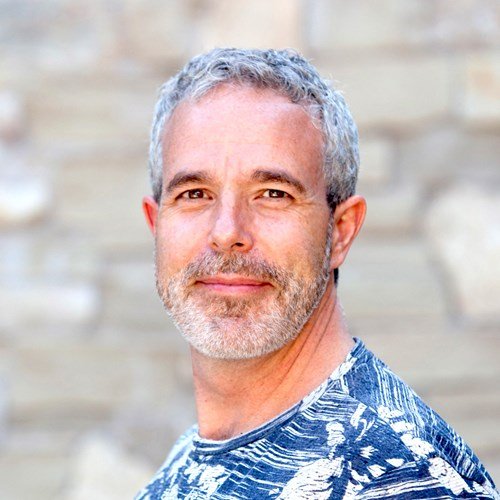
Professor at the University of Toronto,
Founder, CEO and Chief Engineer at Deep Genomics, Canada
Brendan Frey is an acclaimed entrepreneur, engineer and scientist. He is Founder, CEO and Chief Engineer of Deep Genomics and as far back as 2004, he began laying the foundations of deep learning for drug discovery. In 2019, Frey’s work led to the first therapeutic candidate discovered by artificial intelligence.
By driving cars, beating humans at their own games, transcribing speech and translating text, new AI technologies are changing the world. Brendan Frey, a world-leading expert in AI and medicine, will explain how the recent exponential growth in biomedical data and a new generation of AI technology is creating a new foundation that will propel medicine forward for the next century. Already, AI can predict how genetic variation will alter the cellular determinants of disease, which mechanisms can counteract these cellular determinants, and which molecules will be beneficial. Trends indicate that this disruption is happening more rapidly than anticipated and creating unique challenges, such as establishing trust with regulators and clinicians. Frey paints a picture of a future in which AI will profoundly alter society for hundreds of years.
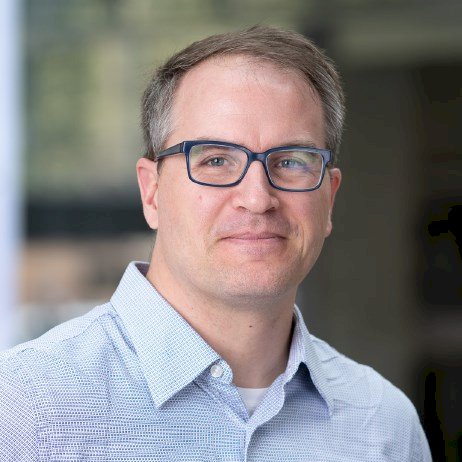
The Hospital for Sick Children,
Canada
Dr. Dowling is a clinician-scientist at Hospital for Sick Children. He received his BSc from Yale, his MD/PhD from University of Chicago, and completed residency at Children’s Hospital of Philadelphia. Dr. Dowling’s clinical expertise is in neuromuscular disorders, and his research examines disease pathogenesis and therapy development for congenital myopathies.
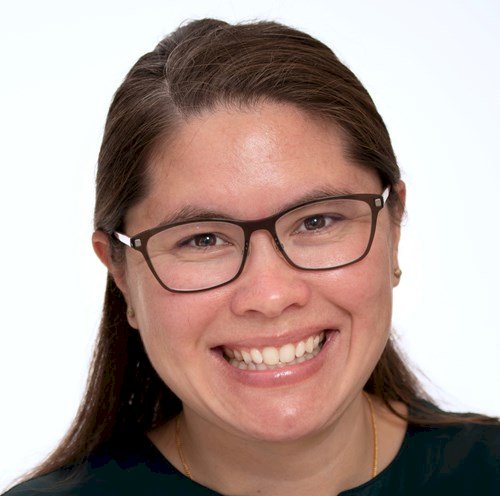
The Hospital for Sick Children,
Canada
Kimberly is the genetic counselor in the neuromuscular clinic at the Hospital for Sick Children in Toronto. Her clinical research focus has been on the natural history of congenital myopathies. She is also the clinical research program manager at Deep Genomics leading clinical trial readiness studies.
New this year at the WMS are the stimulating debates to discuss controversial topics. In this session we will discuss whether large animal models are needed to study pathology in and develop therapies for neuromuscular diseases. A plethora of disease animal models have been established for muscle diseases, ranging from worms, flies, and fish, to mice, rats, cats, dogs and pigs. For larger animal models, generally the ‘pet-ability factor’ is higher and the acceptance for using these model systems for translational research is low with the general public. In this debate we will discuss whether large animal models are needed for neuromuscular disease research or whether smaller animal models suffice.
Caroline Le Guinier, aka “Doguiner”, is no Mickey Mouse expert. She has been working like a dog in gene therapy development and she has always said that if some researchers have gone to the dogs, it is because of rat finks that do not consider large animal models in pre-clinical developments for diseases that makes children sick as dogs! She knows and will defend the place of large animal models in neuromuscular disease research and therapy development and will argue against small animal models that she calls “dogs with two tails”. Knowing her opponent -Anne-Mice- who bites as well as she barks, she smells rats, but she is moving ahead for this dog-eat-dog debate.
Annemieke aka “Anne-Mice” Aartsma-Rus is not poor as a church mouse, but as a self-proclaimed mouse-doctor, she used to say that there is nothing like a free-lunch, especially if it comes in a doggy bag. Smaller and cheaper models provide the neuromuscular researcher with all the tools they need to study disease pathology and develop therapies. By understanding the different models, and asking the right questions to each, one can conduct all the experiments needed to properly design clinical trials, and rat pack nice papers. The larger animal models have no added value. She knows how smart Doguiner is, and before accepting this debate, she told herself “Rats! Are you a woman, or a mouse?” She decided to move ahead!
Note that the debaters will endorse extreme positions that do not reflect their personal views for the sake of having a good debate. It is not going to be a game of cat and mouse, but a real rat race!
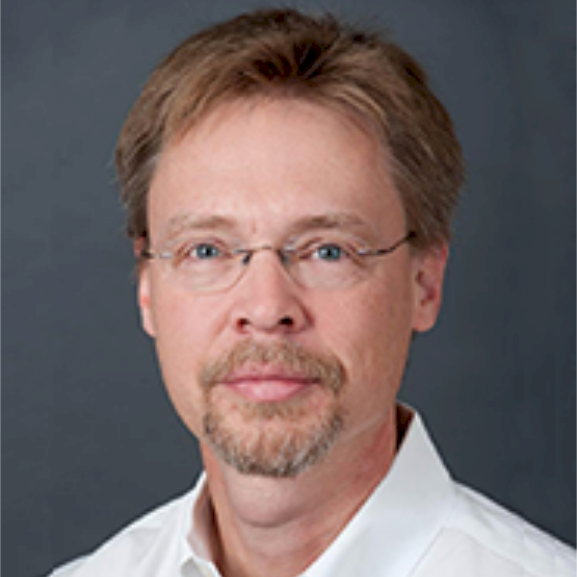
Boston Children's Hospital,
Harvard Medical School,
USA
Alan H. Beggs PhD. is the Director of the Manton Center for Orphan Disease Research at Boston Children's Hospital and Sir Edwin & Lady Manton Professor of Pediatrics at Harvard Medical School. Following undergraduate studies at Cornell University, Dr. Beggs obtained his PhD in Human Genetics at Johns Hopkins University, with subsequent postdoctoral fellowship training in medical and molecular genetics at Johns Hopkins and Boston Children’s hospitals. He has general expertise in laboratory and clinical applications of genetics to human disease, and since 1992 has directed an independent research program in the Division of Genetics and Genomics.
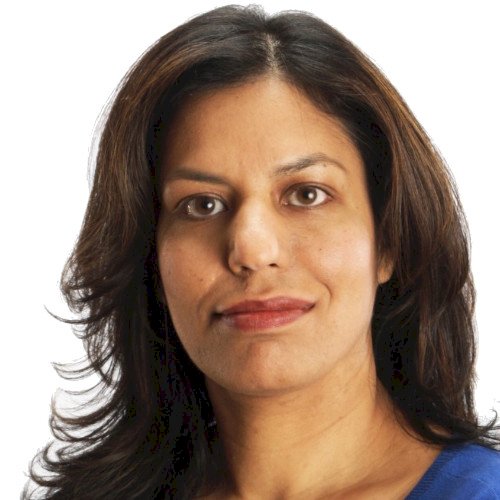
Harvard Medical School,
Brigham and Women’s Hospital,
USA
Vandana A Gupta, Ph.D. is an Assistant professor of Medicine at Harvard Medical School and a faculty member in the Division of Genetics at Brigham and Women’s Hospital. The main areas of the interest of the Gupta Laboratory are genetics of neuromuscular diseases, molecular mechanisms that regulate skeletal muscle development and new treatment approaches for muscle diseases using genetic and chemical biology approaches.
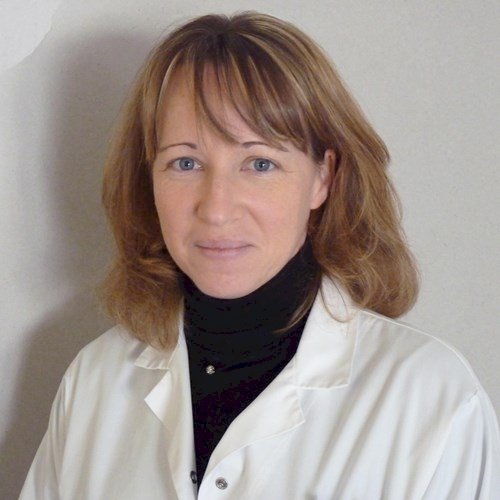
Translational Gene Therapy Laboratory, Université De Nantes, Inserm UMR 1089, CHU De Nantes, France
Caroline Le Guiner has over 17 years of experience in translational research in rAAV-based gene therapy for rare diseases, especially for the treatment of muscular diseases, including Duchenne Muscular Dystrophy. Her role is to implement gene therapy strategies from proof of concept phases until the beginning of Phase I/II clinical trials.
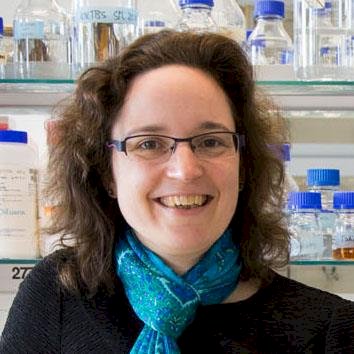
Leiden University Medical
Center, Netherlands
Annemieke Aartsma-Rus is a professor of translational genetics at the Leiden University Medical Center. She has focused most of her career on the preclinical development of antisense-oligonucleotide mediated exon skipping for Duchenne muscular dystrophy. She is member of the executive committee of TREAT-NMD and President of the Oligonucleotide Therapeutics Society.
Once upon a time in the WestMS, a new idea emerged: to discuss controversial topics in the form of stimulating debates. Here we tackle the subject of who should evaluate patients in clinical trials: a human being or a machine, a smart and skilled physiotherapist, or a precise and objective device? As everyone knows, it’s not all fun and games in the world of clinical trials. The tyranny of achieving the primary efficacy endpoint, strict functional inclusion criteria, and of the little “p” put huge stress on researchers to judiciously choose the proper outcome measure to validate a drug and put it on the market.
Ladies first. Lindsay will defend the role of the human. Everyone knows and supports that humans are best suited to complete evaluations for clinical trials as they have the knowledge and expertise required to capture consistently valid outcomes across a study. Physiotherapists have unrivalled skills and clinical expertise and the ability to establish relationships with patients. Our humanity is what keeps patients enrolling and remaining in clinical trials, while ensuring quality data for interpretation of trial results. No emotionless, programmed (by humans!) machine could ever be expected to achieve the level of skill of a human.
Laurent will explain that physiotherapists are much too important for patients to conduct scales repetitively, and that innovative technologies may help to get much more objective, precise, granular and reliable data. In the brave new world we are living in, home-based assessments will become a must and will provide continuous measures that are much less sensitive to fatigue, motivation or intercurrent conditions.
Note that the debaters will endorse extreme positions that do not reflect their personal views. You will know more by following this debate. Be patient and stay tuned. 16+. Explicit content.
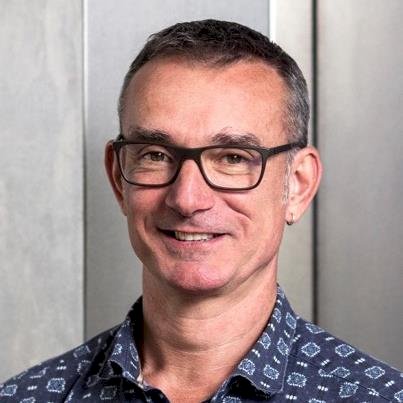
Institute of Myology,
France
Jean-Yves Hogrel is the Director of the Neuromuscular Physiology and Evaluation Laboratory (Neuromuscular Investigation Center, Institute of Myology, Paris, France). His research interests mainly focus on the quantified evaluation of the neuromuscular function, particularly during therapeutic trials. His laboratory is now recognized as one of the leading laboratories in outcome measures and in innovative technologies dedicated to neuromuscular function assessment.
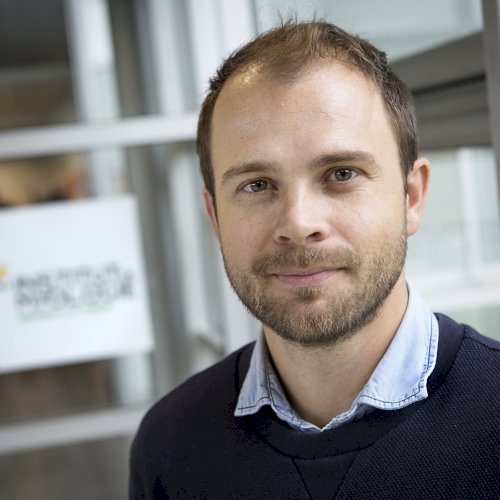
Institute of Myology,
France
Damien Bachasson (PT, PhD) is a transdisciplinary researcher at the Institute of Myology, Paris. His work is at the cross-road between skeletal muscle physiology, exercise and respiratory physiology, bioengineering, and rehabilitation sciences. Methodological and technological developments for the characterization of muscle structure and function hold an important place in his work. Web: https://damienbachasson.netlify.app/
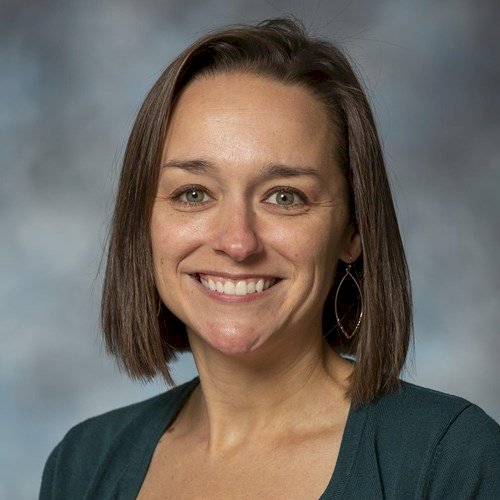
The Abigail Wexner
Research Institute at
Nationwide Children's
Hospital, USA
Lindsay Alfano is a physical therapist with expertise in the care and evaluation of patients with neuromuscular disease including outcome measure development, evaluation, and administration. Her research goals focus on standardizing training in rare disease, as well as developing optimal outcomes to measure change in abilities while minimizing testing burden.
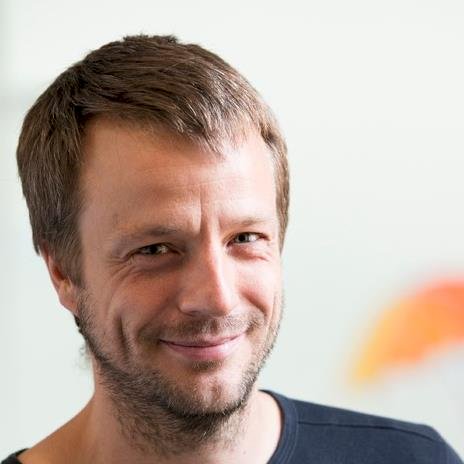
University of Oxford,
United Kingdom
Laurent Servais is Professor of Paediatrics Neuromuscular Diseases at the University of Oxford, UK and of Liege, Belgium. He is passionate about clinical research, outcome measures, new-born screening and patients care.
Most neuromuscular disorders are progressive, disabling and life-limiting diseases that have major impacts on the life of affected individuals and their families. In addition to the high burden of illness for the individual, these diseases are associated with high socio-economic costs.
Better insights in the genetic causes of inherited neuromuscular disorders have paved the way for genetic testing that allows screening or confirming a diagnosis of neuromuscular disorder. These techniques are also used for the detection of carrier status in single-gene autosomal recessive disorders such as spinal muscular atrophy (SMA). Recent advances in therapy development for neuromuscular disorders have highlighted the need for early diagnosis, as these therapies are most efficacious at a pre-or pauci-symptomatic stage of the disease, before irremediable loss of muscles or motor neurons occur. As an example, results from clinical trials in SMA, showing a normal development in patients treated pre-symptomatically, have raised the hope that early intervention will significantly modify the subsequent course of the disease. These developments have highlighted the need for newborn screening of treatable neuromuscular diseases such as SMA, which is currently implemented or emerging in different countries.
Strategies to reduce the frequency of neuromuscular diseases include pre-conception carrier screening, providing guidance for couples considering a future pregnancy, and newborn screening, allowing an early treatment intervention to modify the course of the disease. Both options have implications in terms of feasibility, coverage and success rate, ethical aspects, health economical aspects. Pro and contra will be discussed.
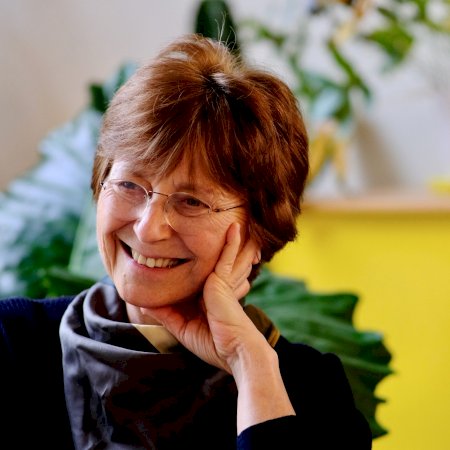
University Hospitals
Leuven, Belgium
Nathalie Goemans, M.D, PhD, is a child neurologist affiliated to the Neuromuscular Reference Centre for Children at the University Hospitals Leuven, Belgium. She devoted her carrier to the multidisciplinary management of patients with neuromuscular disorders and to research in therapy development for Duchenne muscular dystrophy and spinal muscular atrophy.
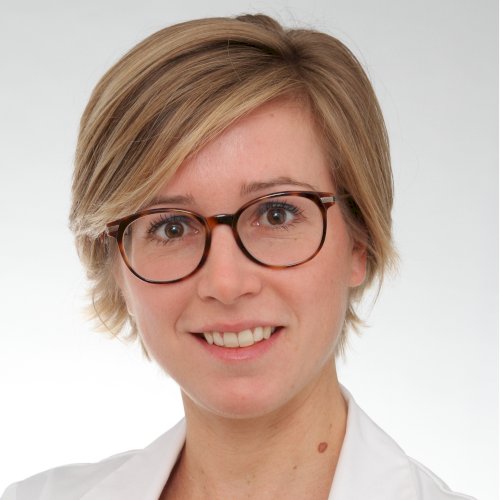
University Hospitals
Leuven, Belgium
Liesbeth De Waele is a child neurologist with certification in rehabilitation medicine working in the University Hospitals Leuven in Belgium. Since more than 10 years she is involved in the clinical care for patients with neuromuscular disorders, and she participated in multiple international clinical trials in SMA and DMD.
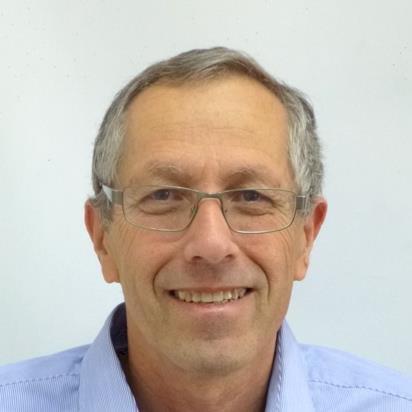
Schneider Children's
Medical Center of Israel
Prof. Yoram Nevo is a paediatric neurologist and currently the director of the Institute of Neurology of Schneider Children's Medical Centre of Israel. He was trained in neuromuscular disorders at Washington University, St. Louis and, since then, has been involved in Israel in clinical practice, translational and clinical research in this field. He is the head of the Israel Paediatric Neurology Association.
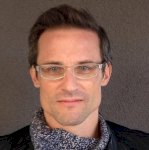
University Children's Hospital Ljubljana
Head of The Pediatric Neurology Department of the University Children's Hospital Ljubljana, Slovenia. Head of the NMD unit.